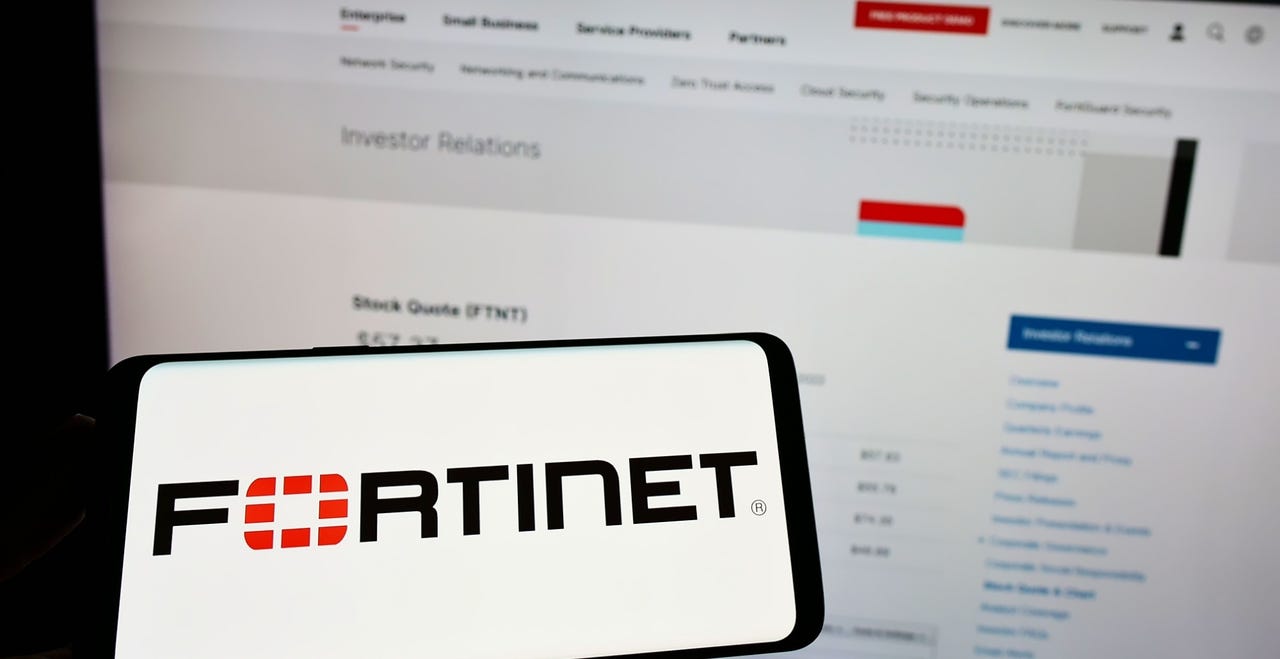AWS
Amazon Web Services (AWS) is the leading cloud platform for DevOps and security operations, offering comprehensive infrastructure, automation tools, and security services for building, deploying, and securing applications at scale.
Amazon Web Services (AWS) is the world's most widely adopted cloud platform, providing a comprehensive suite of infrastructure and platform services that have become fundamental to modern DevOps practices and security operations. In the context of security and DevOps, AWS offers over 200 fully-featured services including compute power, storage, databases, networking, and sophisticated security tools that enable organizations to implement Infrastructure as Code (IaC), continuous integration/continuous deployment (CI/CD) pipelines, and robust security monitoring. The platform's shared responsibility model places critical importance on understanding which security aspects AWS manages versus what customers must secure themselves, making it essential for DevOps teams to master both cloud-native security services like AWS Identity and Access Management (IAM), AWS Security Hub, GuardDuty, and DevOps tools such as AWS CodePipeline, CloudFormation, and Systems Manager.
Recent developments demonstrate AWS's continued investment in the open-source and security communities. The company recently committed funding to support the Open VSX Registry hosted by the Eclipse Foundation, strengthening the reliability, performance, and security of infrastructure used by developers worldwide. This contribution underscores AWS's role in fostering secure development environments and supporting the broader DevSecOps ecosystem. As AI infrastructure becomes increasingly critical, AWS services are being scrutinized alongside other platforms for potential vulnerabilities, with researchers discovering flaws in various AI infrastructure products including those that could enable remote code execution—highlighting the importance of securing not just traditional workloads but also emerging AI/ML deployments on cloud platforms.
Key security considerations for AWS environments revolve around proper configuration management, least privilege access, network segmentation, and continuous monitoring. Misconfigurations remain the leading cause of cloud security incidents, making automated security scanning and compliance checking essential components of any AWS DevOps pipeline. Organizations must implement robust IAM policies, enable multi-factor authentication (MFA), encrypt data at rest and in transit using AWS Key Management Service (KMS), and utilize Virtual Private Clouds (VPCs) with properly configured security groups and network access control lists. Additionally, enabling AWS CloudTrail for audit logging, AWS Config for configuration compliance, and integrating security testing into CI/CD pipelines through tools like AWS CodeGuru and third-party security scanning solutions are critical for maintaining a strong security posture.
Best practices for AWS security in DevOps environments include implementing Infrastructure as Code using tools like Terraform or AWS CloudFormation with automated security policy validation, adopting the principle of least privilege across all service interactions, and implementing defense-in-depth strategies with multiple layers of security controls. Teams should leverage AWS's native security services including AWS Security Hub for centralized security findings, Amazon Inspector for vulnerability assessment, AWS WAF for application protection, and AWS Secrets Manager for secure credential management. Regular security audits, automated compliance checks using services like AWS Audit Manager, and implementing immutable infrastructure patterns where resources are replaced rather than modified can significantly reduce attack surfaces and improve security outcomes.
The current threat landscape emphasizes the importance of securing the entire software supply chain, with recent vulnerabilities discovered in various infrastructure components serving as reminders that even trusted platforms require constant vigilance. While the recent CVE listings and security bulletins don't specifically target AWS services, they underscore the broader ecosystem challenges that AWS users must navigate, including third-party integrations, open-source dependencies, and the security of development tools and extensions. AWS's commitment to supporting secure development practices through funding initiatives like the Open VSX Registry demonstrates recognition that cloud security extends beyond the platform itself to encompass the entire development and deployment ecosystem. Organizations leveraging AWS must stay informed about emerging threats, regularly patch and update their systems, and continuously evolve their security practices to address new attack vectors in an increasingly complex cloud-native landscape.
Latest News

ThreatsDay Bulletin: Stealth Loaders, AI Chatbot Flaws AI Exploits, Docker Hack, and 15 More Stories
It’s getting harder to tell where normal tech ends and malicious intent begins. Attackers are no longer just breaking in — they’re blending in, hijacking everyday tools, trusted apps, and even AI...

Critical Fortinet Flaws Under Active Attack
Attackers targeted admin accounts, and once authenticated, exported device configurations including hashed credentials and other sensitive information.
Amazon: Ongoing cryptomining campaign uses hacked AWS accounts
Amazon's AWS GuardDuty security team is warning of an ongoing crypto-mining campaign that targets its Elastic Compute Cloud (EC2) and Elastic Container Service (ECS) using compromised credentials for...

Attackers Use Stolen AWS Credentials in Cryptomining Campaign
Threat actors wielding stolen AWS Identity and Access Management (IAM) credentials leverage Amazon EC and EC2 infrastructure across multiple customer environments.
Hackers exploit newly patched Fortinet auth bypass flaws
Hackers are exploiting critical-severity vulnerabilities affecting multiple Fortinet products to get unauthorized access to admin accounts and steal system configuration files. [...]
AWS Weekly Roundup: Amazon ECS, Amazon CloudWatch, Amazon Cognito and more (December 15, 2025)
Can you believe it? We’re nearly at the end of 2025. And what a year it’s been! From re:Invent recap events, to AWS Summits, AWS Innovate, AWS re:Inforce, Community Days, and DevDays and, recently,...
New Relic AWS Integrations Go Deep on Root Cause Observability Analysis
New Relic expands its observability platform with deep AWS integrations to speed incident resolution and support AI-driven DevOps workflows.

FreePBX Patches Critical SQLi, File-Upload, and AUTHTYPE Bypass Flaws Enabling RCE
Multiple security vulnerabilities have been disclosed in the open-source private branch exchange (PBX) platform FreePBX, including a critical flaw that could result in an authentication bypass under...

⚡ Weekly Recap: Apple 0-Days, WinRAR Exploit, LastPass Fines, .NET RCE, OAuth Scams & More
If you use a smartphone, browse the web, or unzip files on your computer, you are in the crosshairs this week. Hackers are currently exploiting critical flaws in the daily software we all rely on—and...

Three Key Lessons from the Recent AWS and Cloudflare Outages
Recent AWS and Cloudflare outages reveal how single subsystem failures can cascade globally. Learn key lessons on multi-cloud resilience, AI-powered monitoring, and disaster recovery.
Related Topics
SIEM
Security Information and Event Management (SIEM) systems aggregate, analyze, and correlate security data across infrastructure to detect threats, ensure compliance, and provide real-time visibility into an organization's security posture.
Penetration Testing
Penetration testing is a systematic security assessment practice where authorized professionals simulate cyberattacks to identify vulnerabilities in systems, applications, and networks before malicious actors can exploit them.
Compliance
Compliance in security and DevOps ensures organizations meet regulatory requirements, industry standards, and security policies through automated controls, continuous monitoring, and integrated governance frameworks.
Data Breach
A data breach is an unauthorized access, disclosure, or theft of sensitive information from an organization's systems. Understanding data breach prevention, detection, and response is critical for modern DevOps and security teams.
Ransomware
Ransomware is malicious software that encrypts systems and data, demanding payment for restoration. Understanding ransomware threats and implementing robust defense strategies is critical for modern DevOps and security operations.